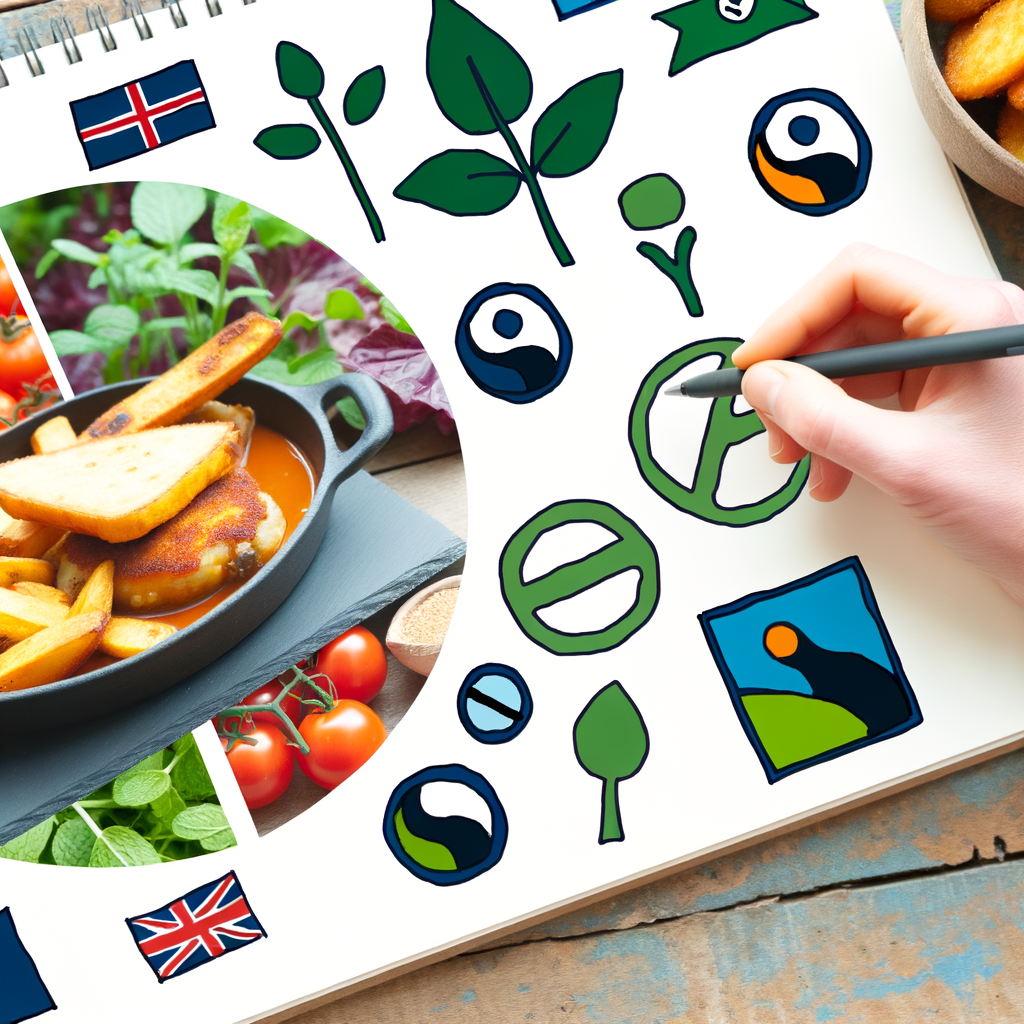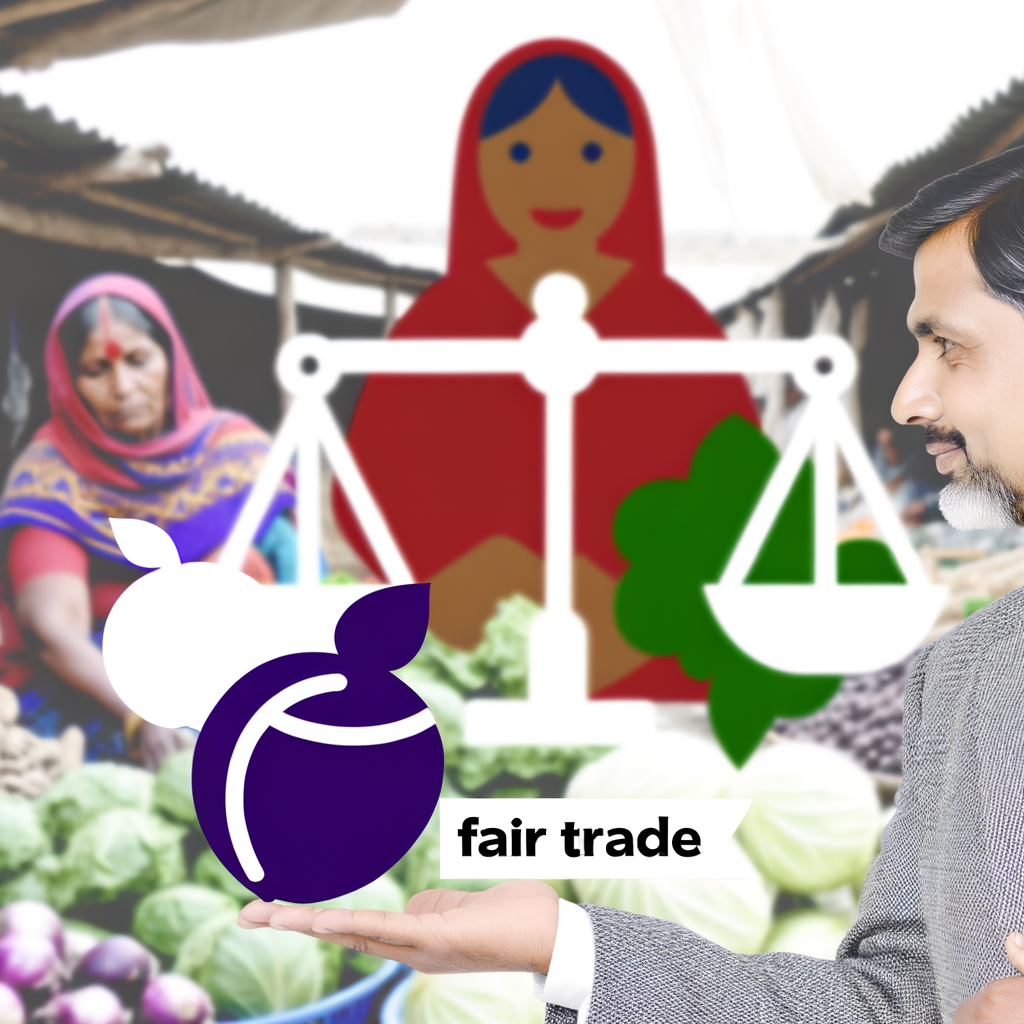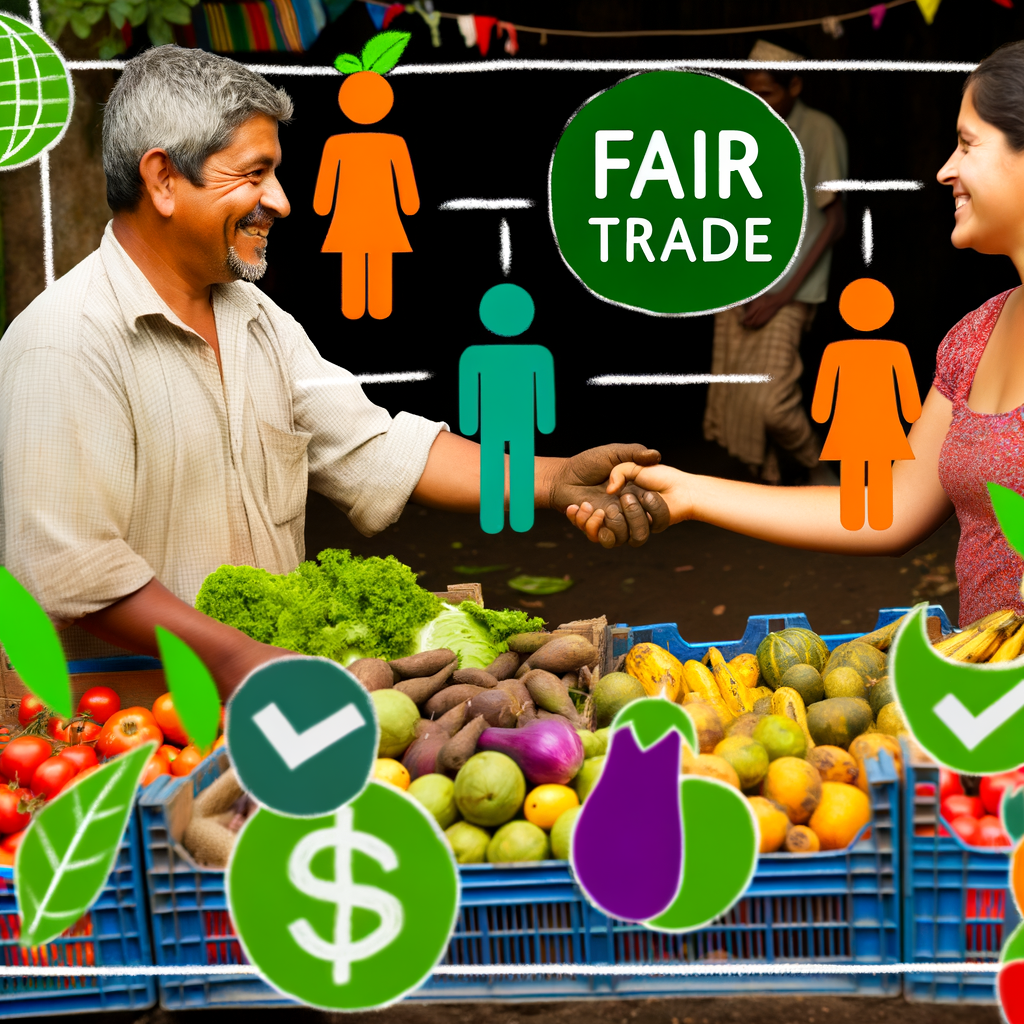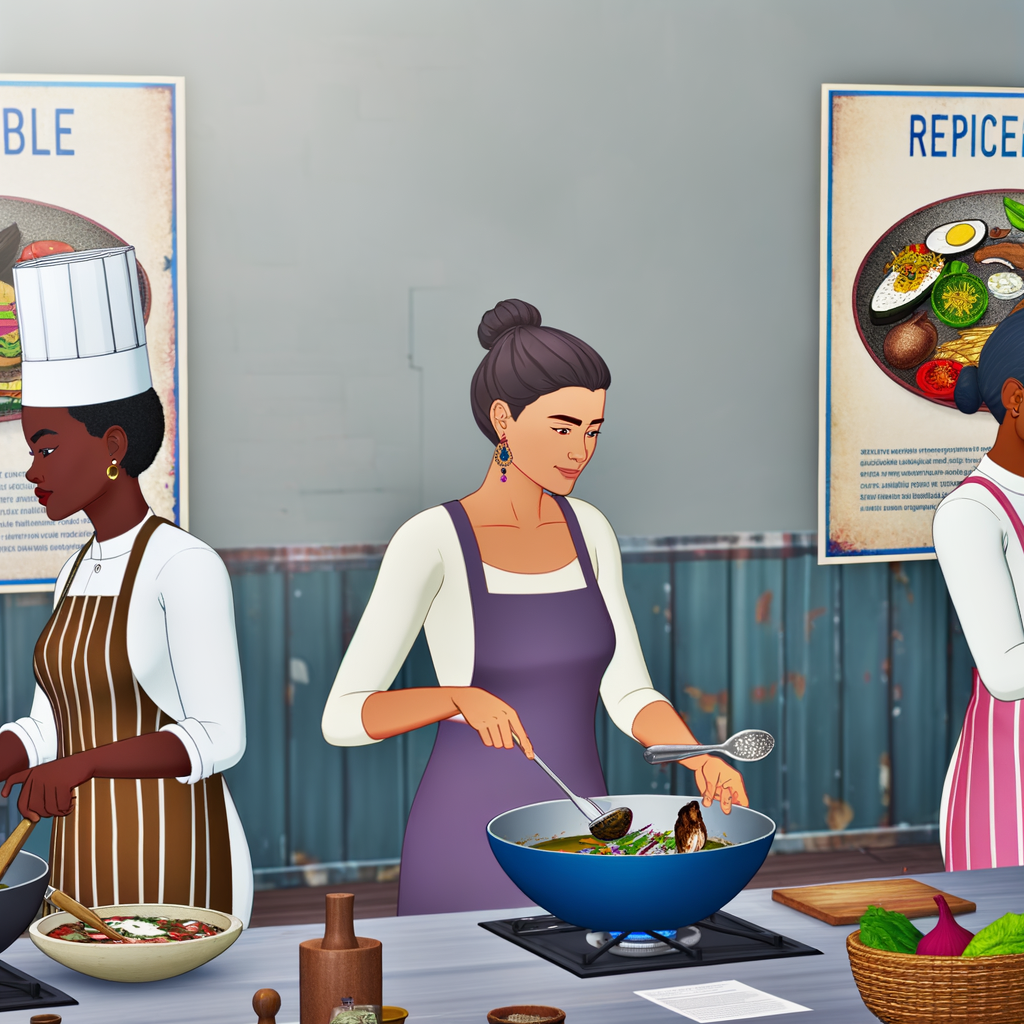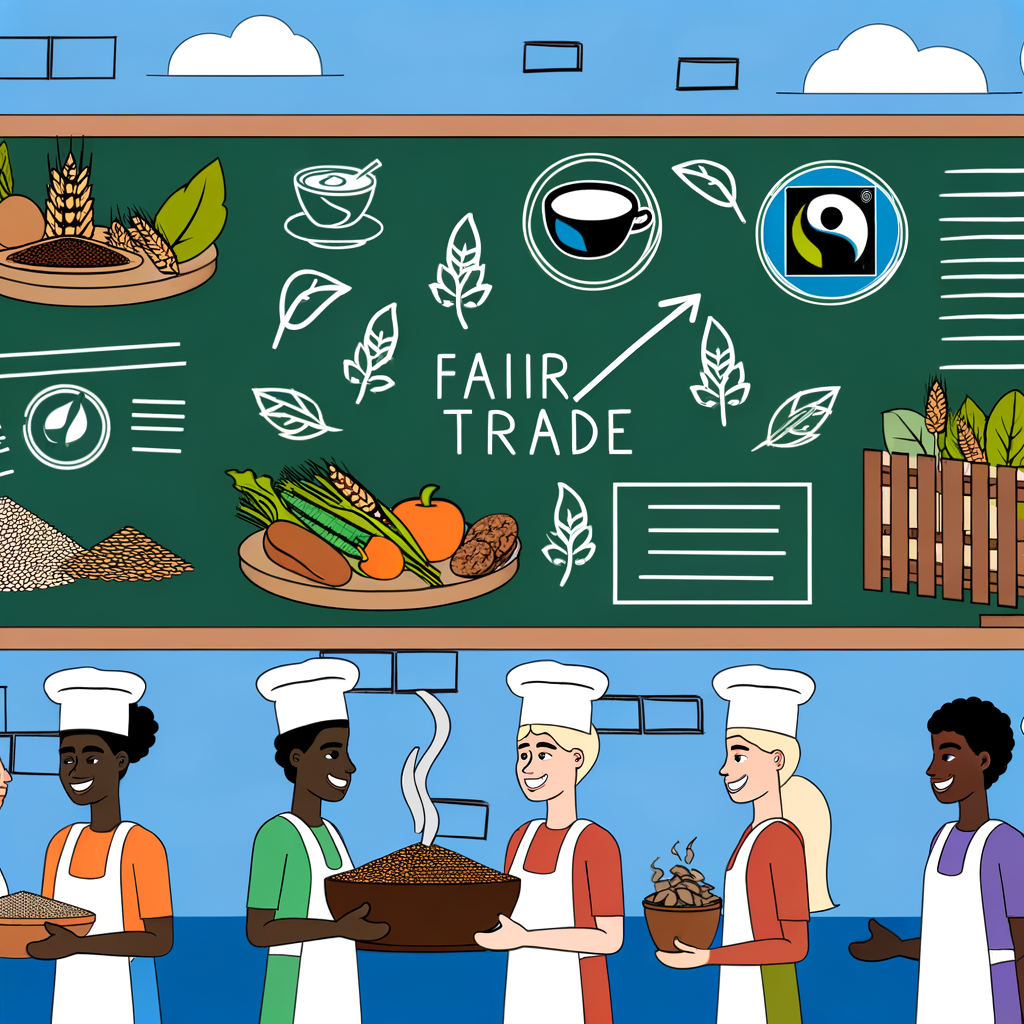In recent years, there has been a growing movement towards ethical eating. This refers to the practice of making food choices that are not only good for our health, but also for the environment and society as a whole. One aspect of ethical eating that has gained significant attention is Fair Trade. This concept focuses on promoting fair and sustainable trade practices for producers in developing countries.
Fair Trade ensures that farmers and workers receive fair wages and better working conditions, while also supporting environmentally friendly production methods. By choosing Fair Trade products, consumers can make a positive impact on the lives of those who produce our food.
In the context of European cuisine, Fair Trade can be applied to a variety of ingredients, such as coffee, chocolate, and spices. These are all products that are commonly used in European dishes, but are often produced in developing countries where workers may not receive fair compensation for their labor. By choosing Fair Trade versions of these ingredients, we can support the livelihoods of these farmers and contribute to a more sustainable food system.
Furthermore, ethical eating also involves being mindful of the environmental impact of our food choices. This means choosing locally sourced, seasonal produce whenever possible, and reducing our consumption of meat and dairy products, which have a high carbon footprint. By doing so, we can reduce our carbon footprint and contribute to a more sustainable food system.
In conclusion, ethical eating is about making conscious food choices that not only benefit our own health, but also the health of the planet and its people. By choosing Fair Trade and sustainable options, we can make a positive impact on the world around us. Let’s embrace ethical eating and create a better future for ourselves and generations to come.

